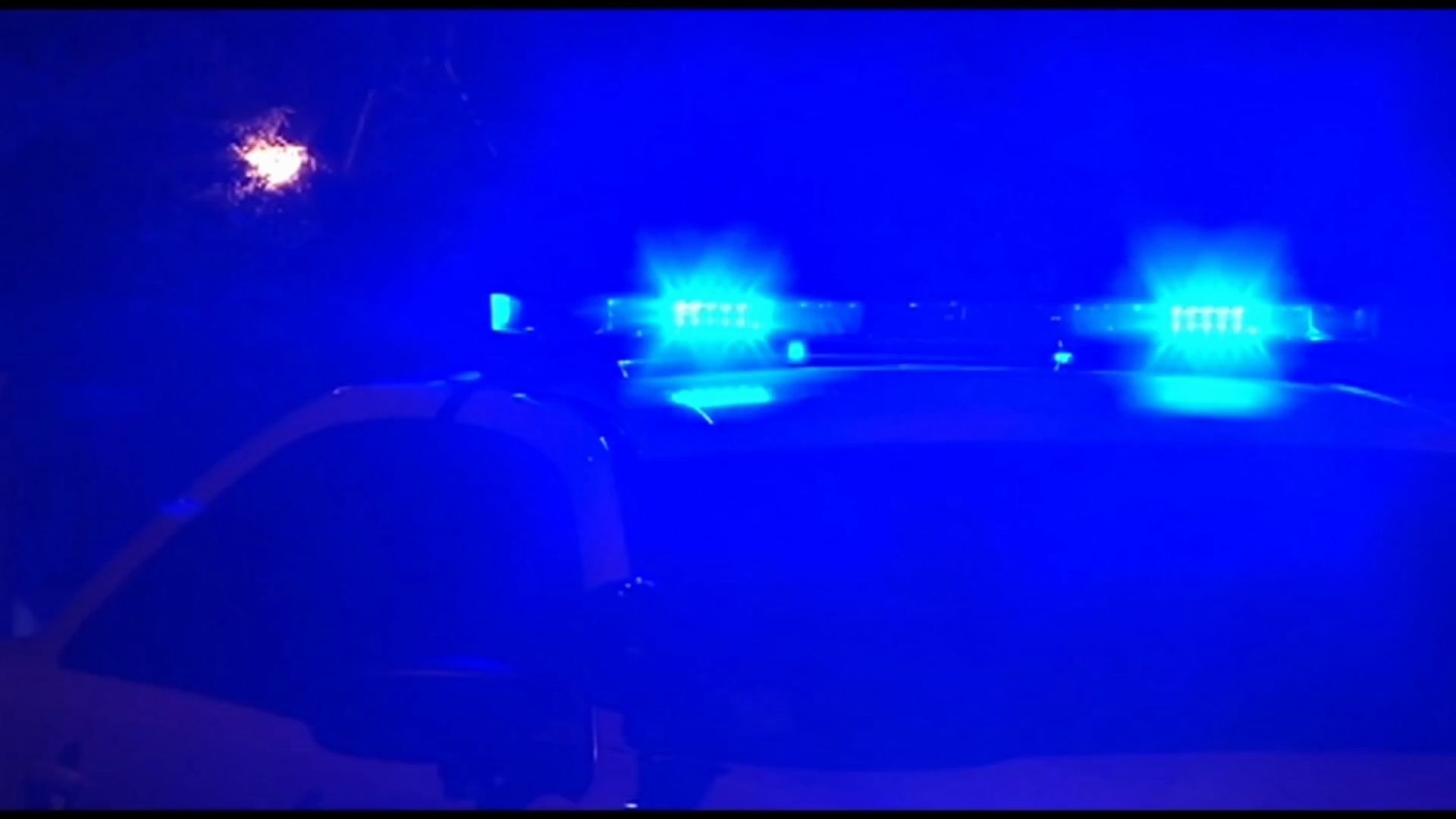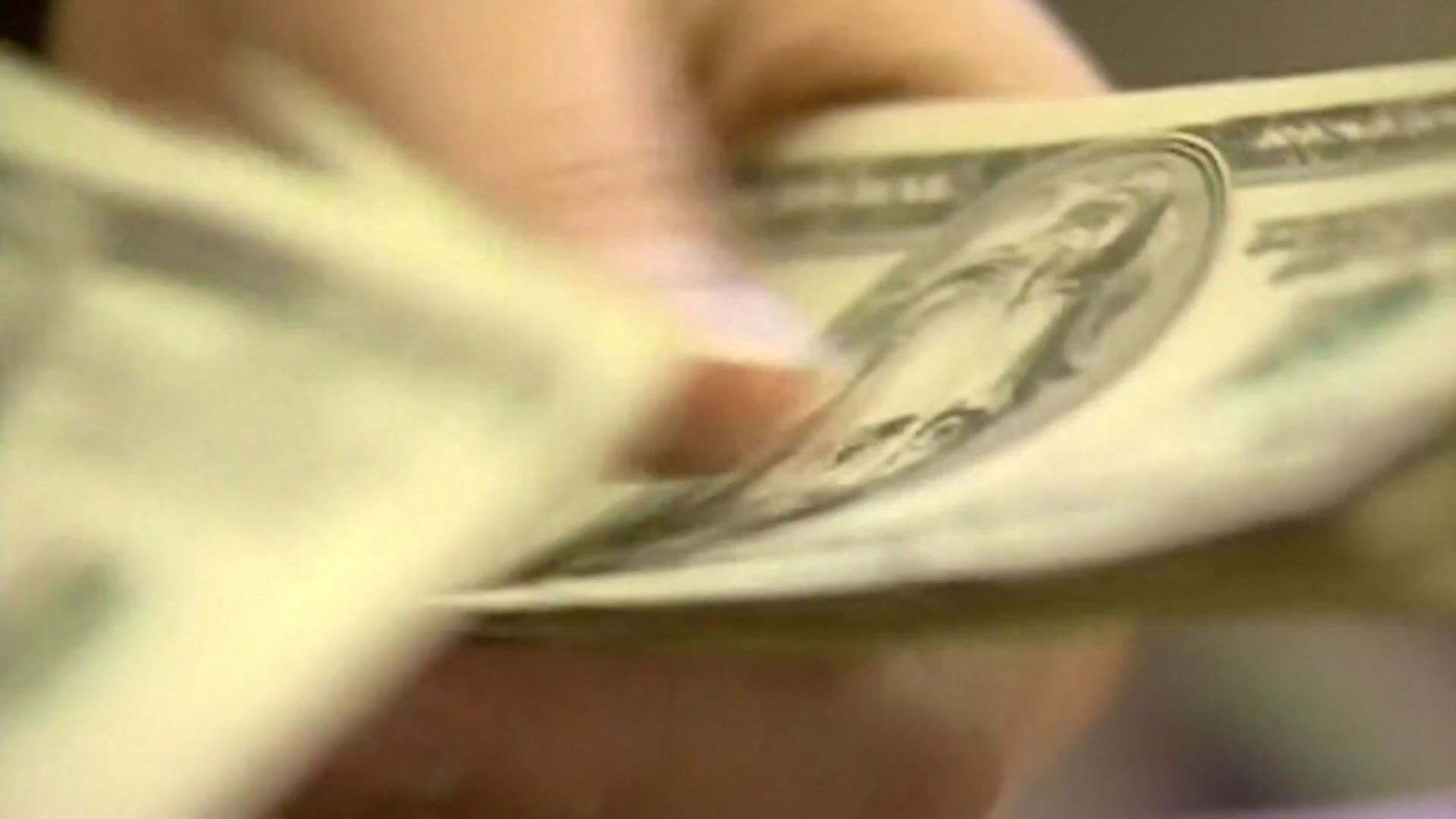From a gas tax increase to paycheck changes for many, Monday marks several major changes across Illinois and in parts of the Chicago area.
While Jan. 1 is often thought to be the start of new laws, a number of them actually begin on July 1 -- and this year is no different.
Some of those laws will bring financial changes, while others will mark a big shift.
Here's what's new for July 1 in Illinois:
Illinois gas tax increase
Illinois motorists will notice slightly higher prices when they fill up starting on Monday, as the state’s gas tax will go up as part of its yearly increase.
According to the Illinois Department of Revenue, the tax rate on gasoline at pumps in Illinois will increase by just over 3.5%, rising from $0.454 per gallon to an even $0.47.
Local
Those filling up with diesel fuel will also see an increase, with those prices increasing from $0.529 per gallon to $0.545, an increase of just over 3%.
After pausing the tax increase in 2022 because of concerns over inflation, the state has now raised the tax rate three times, according to officials.
Feeling out of the loop? We'll catch you up on the Chicago news you need to know. Sign up for the weekly> Chicago Catch-Up newsletter.
Illinois motorists also have to pay excise taxes on fuel, which is assessed by the federal government, and state sales taxes, which is applied after the state’s fuel tax is included in the price, according to officials.
Paid leave for Chicago workers
Chicago workers will also have increased access to guaranteed paid leave, with employees who work at least 80 hours within a 120-day period eligible for up to five days of paid leave and five days of paid sick leave.
According to the city, employees accrue at a rate of one hour of sick leave for every 35 hours worked. They must be allowed to use accrued sick leave no later than on the 30th day of employment. Employees can carry over 80 hours of leave between 12-month periods.
Chicago, Cook County minimum wage increase
While Illinois’ minimum wage will not go up, residents in Cook County and Chicago will see higher minimum wages starting on July 1.
According to city officials, the minimum wage in Chicago will rise to $16.20 an hour, up from $15.80. That number increases annually according to the Consumer Price Index or a rate of 2.5%, whichever is lower, according to officials.
What’s more, the minimum wage for tipped workers will rise to $11.02 an hour, and over the next five years will continue rising until it is equal to the regular minimum wage, according to the city.
In suburban Cook County, the minimum wage will rise to $14.05 for non-tipped workers, according to officials. The rate will remain $8.40 per hour for tipped employees.
In the rest of Illinois, the minimum wage rose to $14 an hour on Jan. 1.
Other new laws coming to Illinois July 1
Several more changes are coming to Illinois on July 1, including a program that will offer driver’s licenses to undocumented immigrants.
Driver's Licenses for Undocumented Immigrants
Beginning July 1, undocumented immigrants living in the state of Illinois will be permitted to obtain driver’s licenses in a move that officials argue will help decrease stigmas and increase safety on area roadways.
"This legislation is a significant step in eliminating the barriers to opportunity that many undocumented immigrants face," Gov. J.B. Pritzker said in his signing statement. “We're ensuring every eligible individual can obtain a driver's license, making our roads safer, decreasing stigma, and creating more equitable systems for all."
According to the text of the bill, individuals seeking a license must pass a driving test, have valid car insurance, be able to present identification documents for purposes of obtaining the license, and must be able to prove at least one year of residency within the state of Illinois.
Licenses will be compliant with the requirements set forth in the federal REAL ID Act, according to Illinois lawmakers.
The Freelance Worker Protection Act
Enhanced protections in Illinois for freelance workers will also go into effect on July 1. Primarily, the bill obligates companies to pay freelance workers on or before the date their contractually agreed payments are due.
If contracts do not specify a date for payment, then compensation is due no later than 30 days after the completion of work, according to the text of the bill.
The bill also enhances protections for freelance workers against threats, intimidation, discipline, harassment and discrimination, and codifies ways of reporting violations of the act to the Illinois Department of Labor.
Child Labor Law Now Protects Social Media Stars
A bill offering enhanced protections for “child influencers” will go into effect, specifically aimed at children who have appeared in viral content on social media, as opposed to child actors and musicians.
The bill will entitle children under the age of 16 to receive a portion of their gross earnings, with parents required to maintain records of their children’s appearances in social media content. Those earnings must be set aside in trust accounts until children reach the age of 18, according to the legislation.
In addition, the bill allows individuals now over the age of 18 to take legal action if they appeared in monetized social media videos as children, and were not properly compensated at the time.
School Code Changed for Administering Assessment Tests
This bill requires school boards to hold public votes prior to approving new contracts for district-administered assessment tests given to students. These meetings must be publicized and take place in the open, according to the text of the legislation.
For a full list of bills with provisions taking effect on July 1, including the establishment of a “Creative Economy Task Force” and updates to student loan repayment programs for those in the mental health fields, you can visit the Illinois General Assembly’s website.



